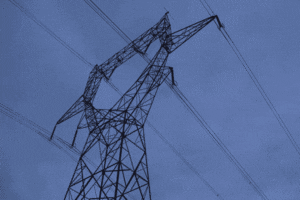The private sector will play an important role in meeting East Africa’s electricity demand over the next few years. East African countries will have to dramatically increase their electricity generation capacity to keep up.
A new analysis from Frost & Sullivan predicts that East Africa’s electricity demand will grow at approximately 5.3% a year until 2020. To meet these requirements, generation capacity would have to increase by 37.7% in Uganda, 96.4% in Kenya, 75.3% in Tanzania and 115% in Rwanda. The growing demand arises from urbanisation and industrialisation. East Africa’s energy mix is expected to diversify from its predominant dependence on hydro, affording additional opportunities for power infrastructure advancement. A focus on energy development will provide opportunities for contribution from both the private and public sector participants.“In light of the significant investments needed over the next eight years, the power infrastructure segment is dependent on the private sector. The government, in conjunction with development partners, must build a more favourable business environment to facilitate growth,” says Frost & Sullivan Energy and Environmental Research Analyst Joanita Roos.
Roos says a focus on intraregional energy and trade integration will help reduce costs and ensure greater reliability and sustainability of power supply. “If strong cross-border interconnectors develop to enable consistent power flows across the region, Rwanda, Uganda and Tanzania can make a mark as net exporters of electricity.”






